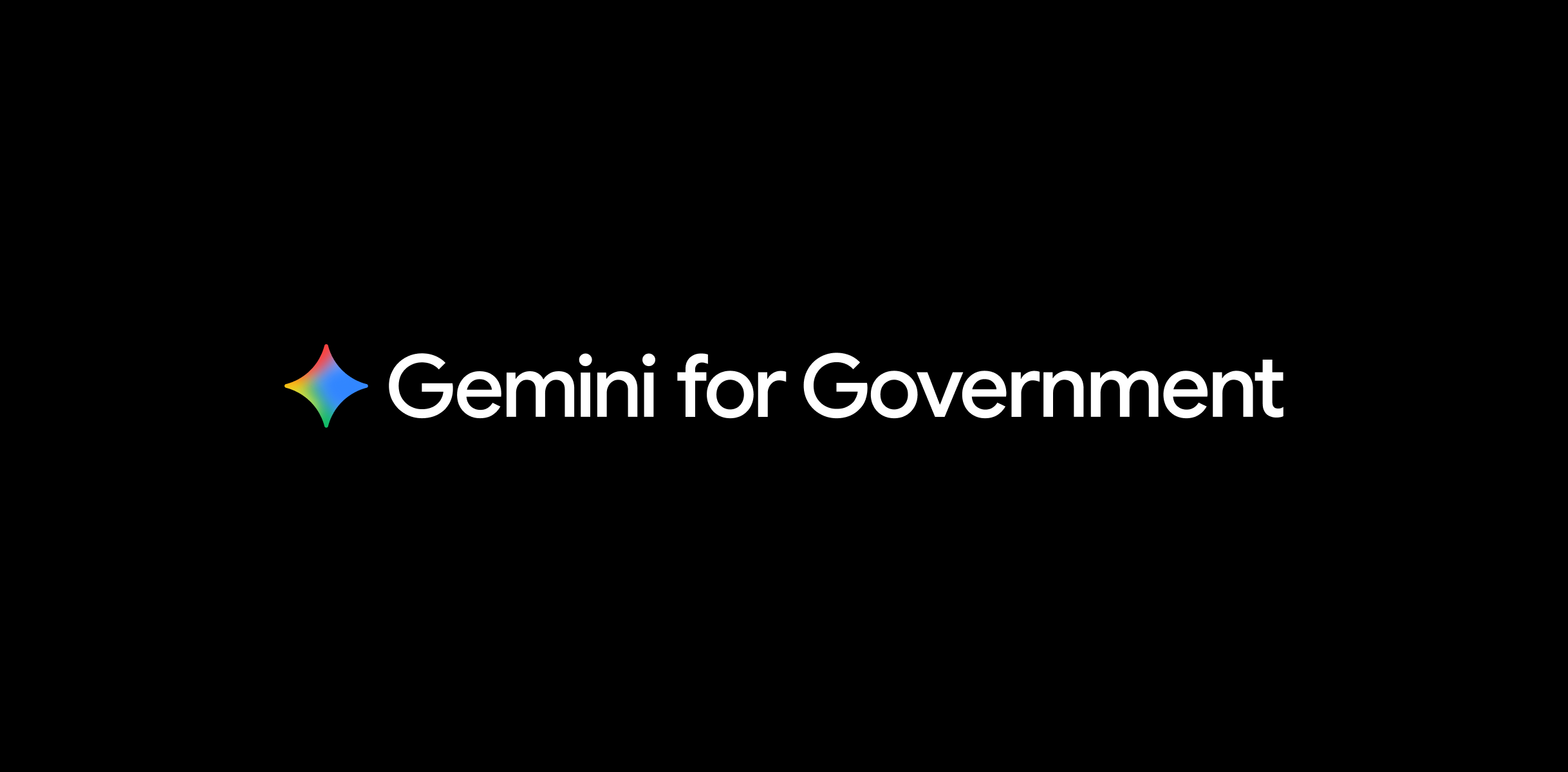Google’s Gemini for Government: AI Revolution or Risky Investment?
Google’s Gemini AI powers federal operations with unprecedented pricing, sparking debate on long-term sustainability and market implications.
Google has announced a groundbreaking agreement with the General Services Administration (GSA) to deliver its Gemini AI platform to federal agencies across the US. Dubbed “Gemini for Government,” this comprehensive AI suite, extending through 2026, provides access to Google’s full AI stack at a remarkably low price point of just $0.47 per agency. This pricing, significantly below industry averages, immediately raises concerns about the long-term financial viability of the deal.
A Powerful AI Suite, But At What Cost?
This strategic initiative provides federal agencies with a suite of advanced AI tools, including NotebookLM, video and image generation capabilities powered by Veo, and pre-built AI agents for research and idea generation. The agreement also includes Google’s enterprise search capabilities and robust security features, encompassing identity management, threat protection, and compliance frameworks like SOC2 Type 2 certification.
Federal agencies will reportedly gain the ability to develop custom AI agents, leading to potential department-specific automation and optimization of workflows. This aligns with President Trump’s America’s AI Action Plan and his Executive Order emphasizing cost-effective solutions in federal contracts. Google notes the plan builds on its existing successful partnership with the federal government, already providing Google Workspace with a 71% price reduction.
Strategic Positioning and Market Implications
Google CEO Sundar Pichai highlighted the partnership’s extension of Google’s full stack AI approach, including tools like NotebookLM and Veo. The aggressive pricing strategy puts Google in direct competition with established players like Microsoft and Amazon, who are also vying for significant government AI contracts.
While the deal aligns with Google’s strategic goals, potentially boosting its position in the enterprise AI market, analysts question the long-term sustainability of this $0.47 per agency pricing model. Is this a genuine cost-effective solution for the government or a loss-leader strategy aimed at maximizing market penetration? A potential shift in pricing after the 2026 contract expiration could pose significant future challenges for long-term costs associated with AI integration.
Security, Scalability, and Vendor Lock-in Remain Key Questions
GSA officials emphasized the flexibility of the contract, stating it will “provide partner agencies with vital flexibility in GSA’s marketplace.” However, some industry experts are concerned about potential vendor lock-in – would the federal agencies be able to seamlessly switch to alternative providers in case of issues or future contract negotiations? Crucially, the announcement lacks specific success metrics and implementation timelines, making it difficult to gauge the true efficacy of this initiative.
Is Gemini for Government Worth the Risk?
Google’s “Gemini for Government” presents a compelling opportunity to modernize federal operations. However, it remains a gamble. The extremely aggressive pricing raises questions about its long-term sustainability, potential market distortion, and the risk of vendor lock-in. The government should thoroughly examine potential risks and ensure appropriate safeguards and metrics are developed to assess the program’s overall success in the long run.
Keywords: Google Gemini, Gemini for Government, GSA, Federal Government, AI, Artificial Intelligence, AI Procurement, Cloud Computing, Google Workspace, AI agents, NotebookLM, Veo, Government contracts, AI market, vendor lock-in, market penetration, cost-effective AI solutions, security threats.

